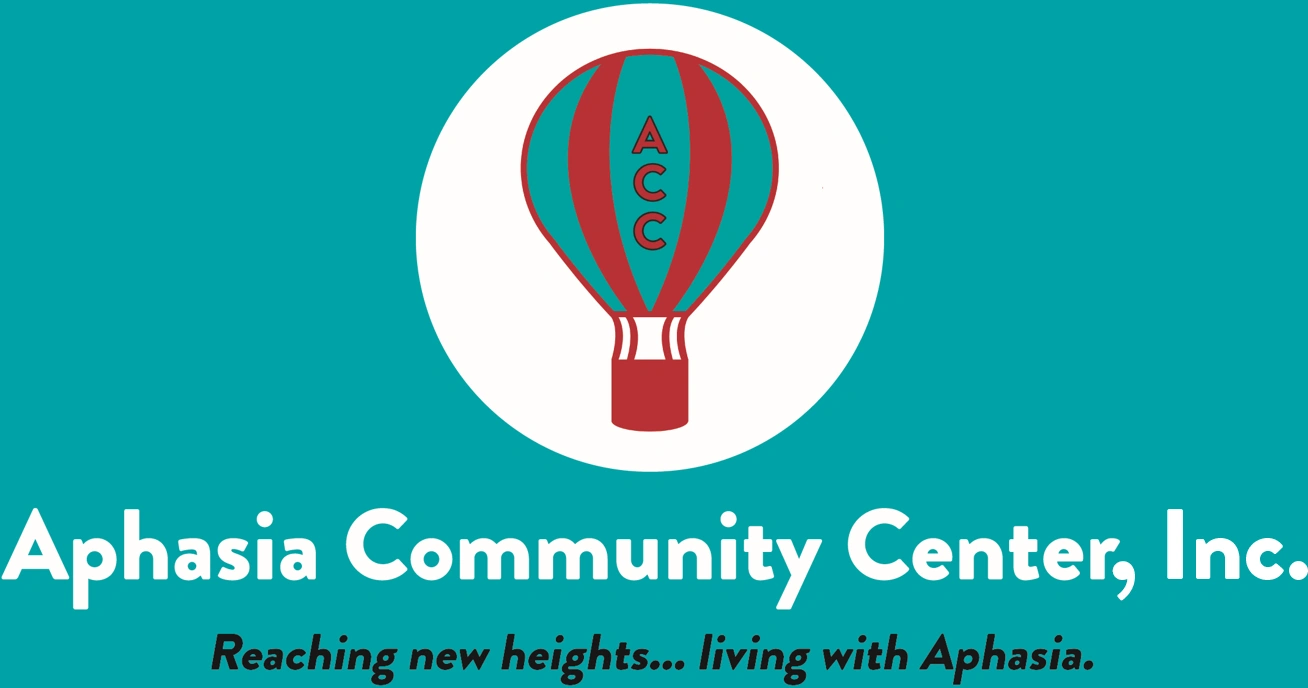It seems so simple. We all know we must maintain our health, but do we really do this? Unfortunately, no! As a caregiver, we tend to put ourselves after our loved one. This can lead to missed doctor’s appointments, unhealthy eating, lack of sleep, and other problems. Last month’s Self-Assessment highlighted some basic health needs that caregivers should adopt to prevent burnout. These included having disturbed sleep patterns, back pain, feeling ill (headaches, stomach problems, or common cold), and comparing our current health to the same time a year ago.
Burnout is real, but our healthy habits can help to reduce the instances of burnout. A misalignment of basic needs, like the following, can devastate the caregiver. Strategies require work and practice. Systems strengthen and support each other so the caregiver can care for their loved one. Caregivers can quickly become so drained that self-care can seem impossible. It would be best to explore different strategies for your care to the same degree as for a person with Aphasia. Remember, a stronger person makes for a more vital, happier, and effective caregiver.
Physical Activity: Aphasia caregivers report a 66% decrease in energy levels and a 39% worsening of physical discomfort/pain, according to a Lingraphica Report in 2021. Exercise releases endorphins that help to reduce stress and improve mood. Even simple stretching and walking for 10 minutes a day can increase strength, flexibility, and higher cognitive function. Investigate classes at a local community center, gym, and online. Unconventional activities like karate, yoga, and square dancing can eliminate the sense of grind often attached to traditional exercise programs. Finding a regular exercise partner or someone who will join you for a daily walk will help hold you accountable for physical activity.
Nutrition & hydration: Everyone knows you must eat nutritious food for your body to function. Some tips for prioritizing nutrition include meal planning and grocery lists, skipping the less healthy quick fix like fast food, eating a variety of nutrient-dense foods to get a wide range of nutrients, regularly eating each day to establish a pattern, and staying hydrated.
Sleep: In 2021, Lingraphica reported that aphasia caregivers experienced a decrease of 64% in sleep quality. Sleep is crucial emotionally, mentally, and physically for caregivers. Sleep deprivation can lead to depression, anxiety, inability to fight illness, difficulty concentrating on tasks, and even accidents or falls. Some commonsense ways to improve your sleep start with a regular routine. Attempt to go to sleep and wake up at the same time each day. Use your bed to sleep and not to read a book or watch TV. Before bed, try reading, listening to relaxing music, avoiding blue lights (phone, computer, and TV), limiting liquids, avoiding caffeine and alcohol, and taking a warm shower or bath. If you still struggle to let go, try a guided sleep meditation from YouTube or discuss your sleeping problem with your doctor.
Wellness Visits: You must care for your health to effectively care for someone else’s. Healthcare providers, such as doctors, dentists, or vision specialists, can identify potential health problems, provide information on staying healthy, and help manage chronic conditions. Today, plan to set up and keep those appointments.

